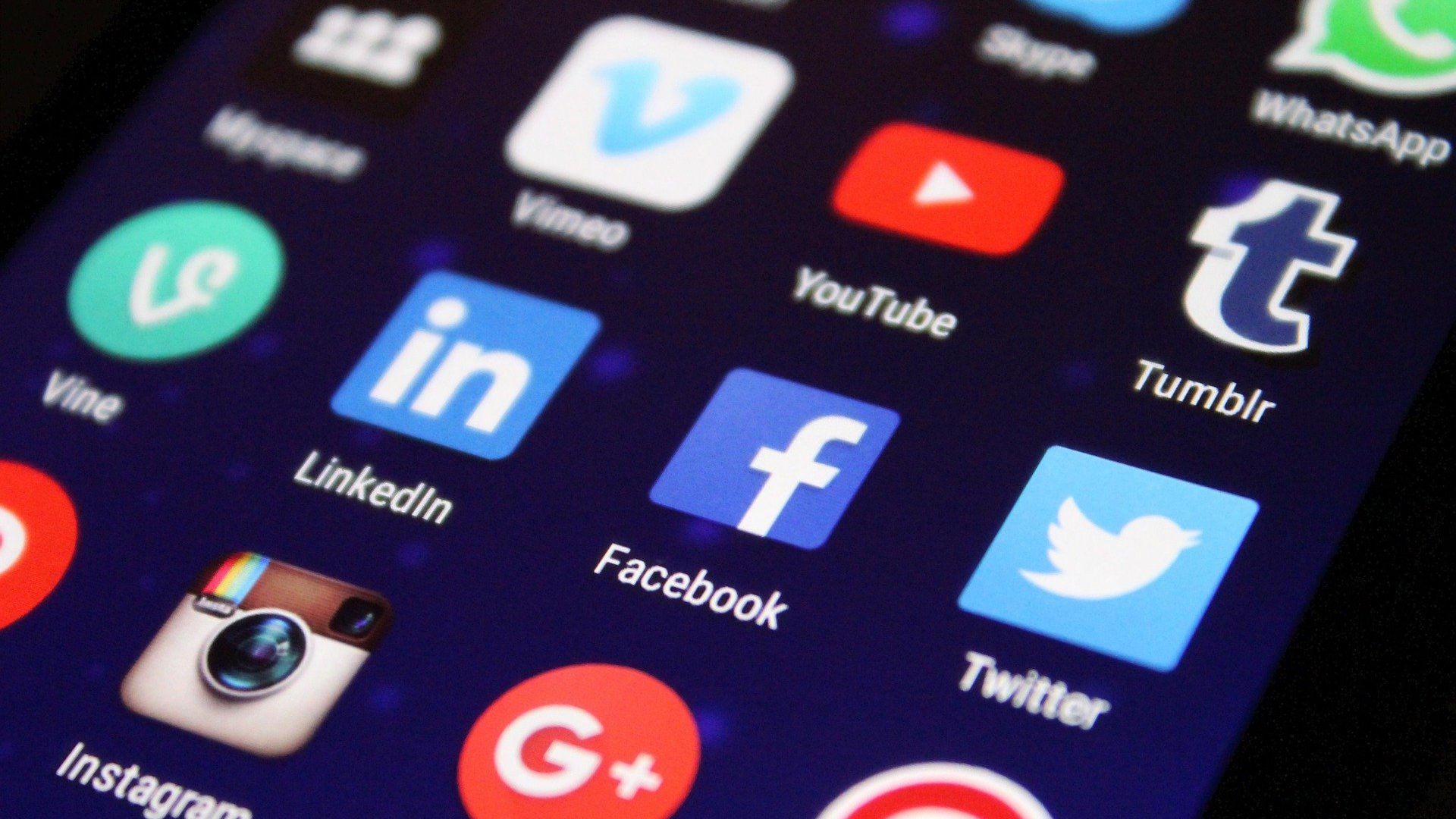When the Platform Rises Up Against Its Owner
Al-Riyadh, Saudi Arabia, January 14
The storming of the US Congress is not any different from what transpired in Arab capitals during the Arab Spring, when demonstrators attacked state institutions in a manner similar to what we saw in Washington. Back then, President Barack Obama supported the protesters and claimed that the demand to overthrow the regime was a legitimate one. It appears as if America didn’t learn its lesson until it was too late — when anarchy reached its own shores. It is quickly becoming clear that, much like during the Arab Spring, the events in Washington, D.C. were shaped in large part by online discourse that took place on social media. Online platforms like Facebook, Twitter and the like have played a critical role in the spread of misinformation. And despite their monumental impact on the American political discourse, US law provides them exemption from any legal responsibility or liability to the content they host. The decision to suspend Donald Trump’s accounts — despite his severe actions — was an undemocratic move that contradicts freedom of expression. Many policymakers, including in Western circles, expressed their dissatisfaction with the decision. German Chancellor Angela Merkel suggested that any restriction on freedom of expression must be decided upon by legislators, not private companies. The French media seemed equally uneasy with the move, and described Twitter’s censorship as an “immoral” act. Whether one agrees or disagrees with Trump’s policies, everyone can agree that the outgoing US president made very effective use of social media to communicate with the public. Trump was the first president to engage in direct dialogue with his constituents. Granted, his messages often contained partial truths, heated emotions, and private beliefs without any consideration of real-life facts. But unlike Obama, who only wrote 10% or so of his tweets himself, Trump was able to speak to the people directly, in his own tone. If it were not for Twitter, Trump likely would have never become the 45th president of the United States. The decision to close his account is therefore extremely symbolic. The very thing that enabled Trump’s rise to power is also the first to mark his political demise. – Badr bin Saud (translated by Asaf Zilberfarb)

